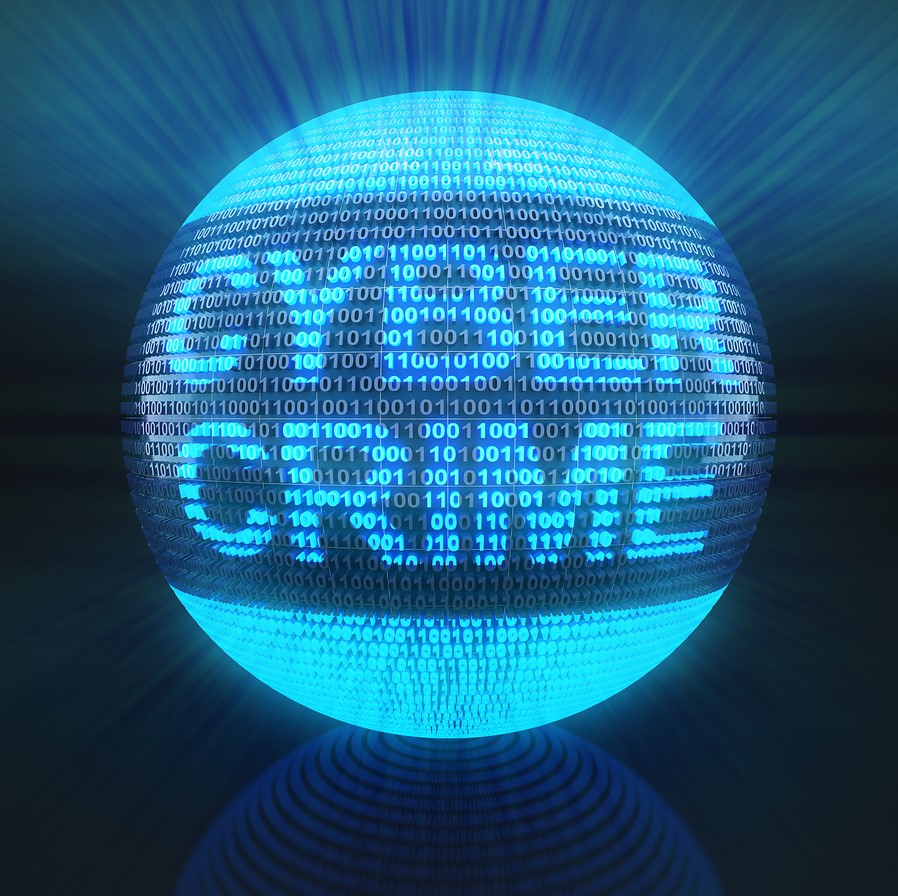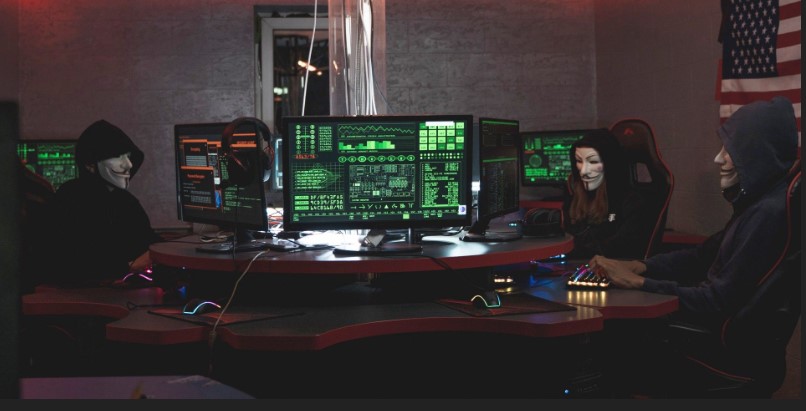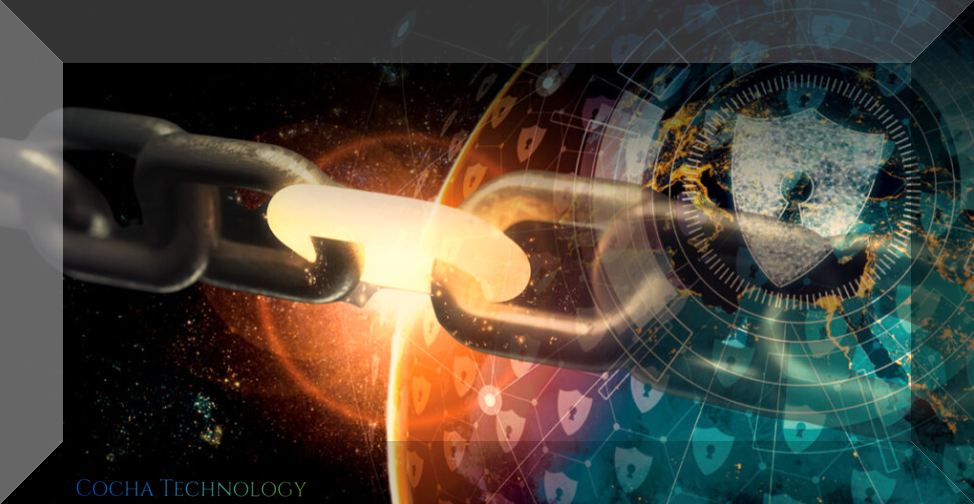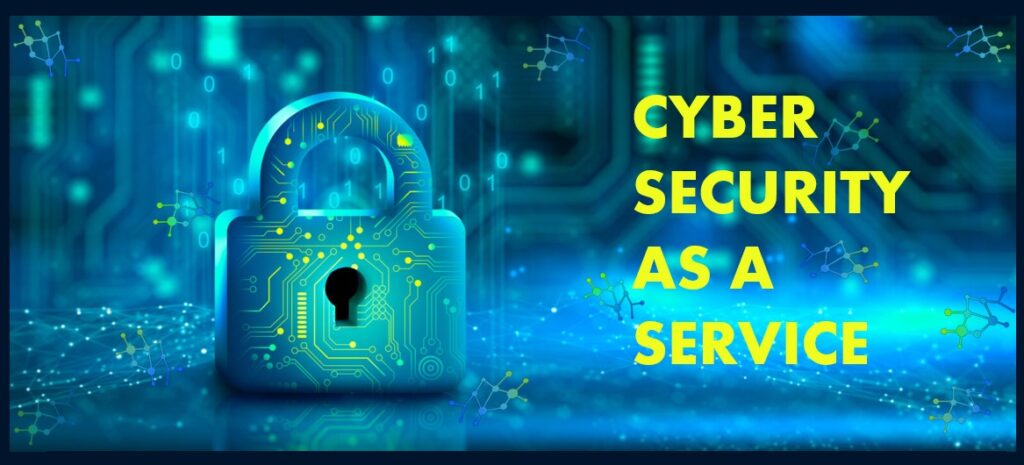The World of Hackers and How Cybercrime Impacts You
October 22, 2024

In the early days of the internet, hackers were often portrayed as lone wolves, motivated by curiosity or the thrill of bypassing digital defenses. Fast forward to today, and the landscape of cybercrime has shifted dramatically. The modern hacker is often part of a well-organized, highly sophisticated network with motivations ranging from financial gain to political agendas. This evolution in the hacker’s world has profound implications for all of us. Understanding these changes is crucial for protecting ourselves in an increasingly digital world.
The Rise of Organized Cybercrime
The most significant shift in the hacker world is the rise of organized cybercrime. Today, cybercriminals operate like traditional criminal organizations, with hierarchies, specialization, and a focus on profit.
- Cybercrime Syndicates: Large-scale criminal organizations now employ teams of hackers who specialize in different aspects of cybercrime, such as developing malware, stealing data, or laundering money. These groups are often based in regions with weak cybersecurity laws, making them difficult to apprehend.
- Ransomware-as-a-Service (RaaS): Just like software companies offer Software-as-a-Service (SaaS), cybercriminals have developed RaaS. This model allows even low-skilled hackers to launch sophisticated ransomware attacks by renting tools and services from more experienced criminals.
State-Sponsored Hacking
Another significant development is the rise of state-sponsored hacking. Governments around the world are increasingly engaging in cyber operations, either for espionage or to disrupt their adversaries.
- Espionage: State-sponsored hackers target government agencies, corporations, and individuals to steal sensitive information, such as intellectual property or classified data. This stolen information can be used to gain economic, political, or military advantages.
- Critical Infrastructure Attacks: State actors may also target critical infrastructure, such as power grids, financial systems, or healthcare networks. These attacks can cause widespread disruption and have severe consequences for civilians.

The Shift to Financial Motives
While early hackers might have been driven by ideology or curiosity, the modern hacker is often financially motivated. Cybercrime has become a lucrative business, with criminals targeting individuals, companies, and even entire industries.
- Ransomware: Ransomware attacks have skyrocketed in recent years. In these attacks, hackers encrypt your data and demand a ransom in exchange for the decryption key. Ransom payments are often made in cryptocurrency, making them difficult to trace.
- Business Email Compromise (BEC): BEC attacks involve hackers gaining access to a company’s email system and using it to trick employees or partners into transferring large sums of money. These scams can be highly convincing and cause significant financial loss.
- Cryptojacking: As cryptocurrency has grown in popularity, so too has cryptojacking, where hackers use your computer’s resources to mine cryptocurrency without your knowledge. This can slow down your device and increase your electricity bill.
The Proliferation of Cyber Tools
The availability of sophisticated hacking tools has lowered the barrier to entry for cybercriminals. Many tools that were once only accessible to skilled hackers are now available on the dark web, making it easier for anyone to engage in cybercrime.
- Phishing Kits: Phishing remains one of the most common methods of attack. With phishing kits, criminals can easily create convincing fake websites or emails designed to steal your personal information.
- Automated Attacks: Many cyberattacks are now automated, allowing hackers to target thousands of individuals or businesses simultaneously. These attacks can exploit vulnerabilities in systems or software that haven’t been updated or patched.

How This Affects You
The evolution of the hacker world directly impacts all of us. As cybercriminals become more sophisticated, the risks to individuals and businesses increase. Here’s how these changes affect you:
- Increased Threat to Personal Data: With the rise of organized cybercrime, your personal data is more valuable than ever. Hackers can steal your information and sell it on the dark web, leading to identity theft, financial loss, and more.
- Higher Risk of Ransomware Attacks: Ransomware attacks are no longer just a threat to large corporations. Small businesses and individuals are also being targeted, with attackers demanding payments that can be devastating.
- Greater Potential for Disruption: State-sponsored attacks on critical infrastructure or businesses can lead to significant disruptions in daily life, from power outages to compromised financial systems.
- Evolving Phishing Tactics: Phishing attacks are becoming more sophisticated and personalized. It’s increasingly difficult to distinguish between legitimate communications and phishing attempts.
Protecting Yourself in the New Cyber Landscape
As the hacker landscape evolves, so too must your approach to cybersecurity. Here are some strategies to protect yourself:
- Stay Informed: Keep up with the latest cybersecurity threats and trends. Knowing what to look out for can help you avoid falling victim to new types of attacks.
- Use Multi-Factor Authentication (MFA): Enable MFA on all your accounts to add an extra layer of security. Even if a hacker gets your password, they won’t be able to access your account without the second form of authentication.
- Regularly Update Software: Ensure that your operating system, apps, and security software are always up to date. Patches and updates often fix vulnerabilities that could be exploited by hackers.
- Backup Your Data: Regularly backup important data to an external drive or a secure cloud service. In the event of a ransomware attack, having backups means you won’t have to pay to recover your data.
- Be Cautious Online: Be skeptical of unsolicited emails, links, and attachments. If something seems off, verify it before clicking or responding.
The world of hackers has evolved from a loose collection of individual actors to a complex ecosystem of organized crime, state-sponsored operations, and financially driven cyberattacks. This shift has made the digital landscape more dangerous for everyone, from individuals to large organizations. By understanding these changes and taking proactive steps to protect yourself, you can navigate the digital world with greater confidence and security. Stay vigilant, stay informed, and stay secure.

Have Any Question?
Call or email Cocha. We can help with your cybersecurity needs!
- (281) 607-0616
- info@cochatechnology.com




